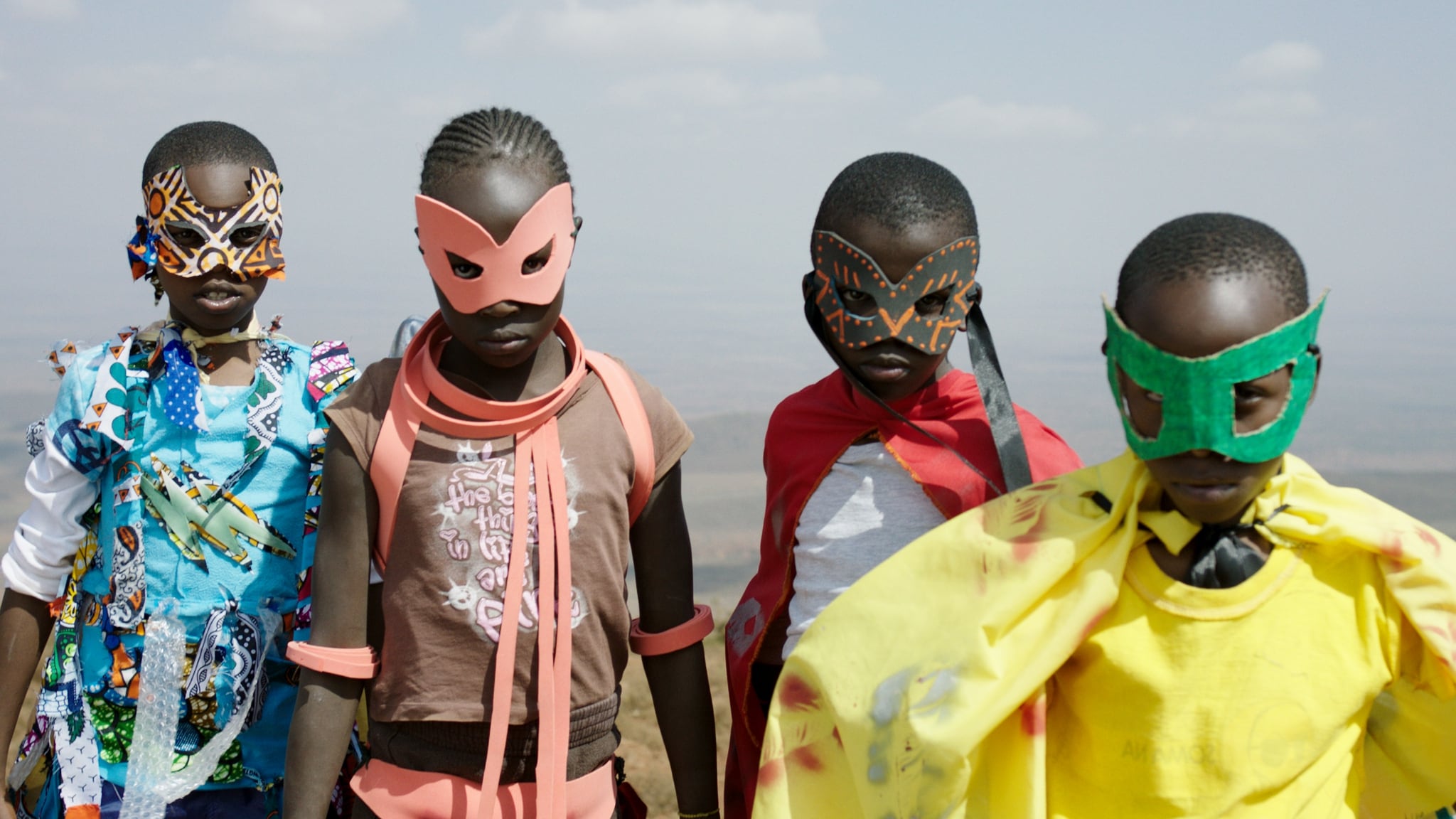We're halfway through a beloved annual fortnight in the city's film scene. This 42nd iteration of the Portland International Film Festival is curated, as always, by NW Film Center and presents well over 100 offerings, from lyrical epics to inventive indies to far-flung documentaries and a dash of gnarly genre fare, too. Here are our picks for the best of what's still to screen at PIFF.
Hotel by the River
(South Korea | 3:30 pm Thursday, March 14 | Cinema 21)
As you'd expect, there are scores of PIFF entries paced slower than, say, Captain Marvel. But none translates that leisurely rate into a virtue quite like the latest from prolific South Korean filmmaker Hong Sang-soo. The whole of Hotel by the River plays out like a stolen moment, as an elderly poet (Ju-bong Gi), convinced he's on the verge of death, takes up residence in a mostly deserted hotel. That fatalism trickles easily throughout the film's loosely intersecting lines of plot. Hotel guests doze off and wake up to snowfall, having just missed an understated reckoning with one guest in favor of another. Akin to Jim Jarmusch with Paterson, Hong Sang-soo has made a worthy entry into the genre of actually poetic films about poets. He connects characters and audiences alike by providing a simple experience that's fathoms deep if you pause to ponder it.
Transit
(Germany, France | 5:45 pm Friday, March 15 | Cinema 21)
Crises of war and nationalism cut through many festival selections this year, and Christian Petzold's Transit ingenuously illustrates how such forces feel abruptly new and tragically timeless. Here, the acclaimed director has adapted Anna Segher's 1944 novel about occupied France to the present day. Explicit details are intentionally scarce, as the film redacts pieces of this Casablanca-esque potboiler to create an impressively literary knot. Our protagonist (Franz Rogowski) is mistaken at every turn for a writer with access to one of the last safe passages out of Marseille, but when a narrator suddenly enters the film, Transit turns mysteriously postmodern without ever punking its audience for a twist's sake. While the actual plot may require multiple viewings to decipher, this is quite possibly the best PIFF film this year largely because of the strength of its theme about moral clarity.
Supa Modo
(Kenya, Germany | 12:30 pm Saturday, March 16 | Cinemagic)
For being arguably the dominant form of cinematic storytelling worldwide, superheroism still isn't explored from particularly diverse angles. In one of the true crowd pleasers of the festival, director Likarion Wainaina sincerely reflects on why we crave these types of myths via the story of Jo (Stycie Waweru), a young, cancer-stricken Kenyan girl. On the one hand, Supa Modo is equal parts comedy and commentary, cheering on the lengths to which Jo's family and village indulge her obsessions with capes and karate kicks. But the film also works as a simple human drama, asking whether the fictions we tell children are really for their sake or ours. Newcomer Waweru is both whimsical and wise enough to ensure an unlikely outcome in Supa Modo—you don't worry excessively for the child facing down death.
Worlds of Ursula K. Le Guin
(United States | 12:30 pm Sunday, March 17 | Cinema 21 | 6 pm Monday, March 18 | Whitsell Auditorium)
Part of PBS's American Masters series, this portrait of science-fiction luminary and iconic Portlander Ursula K. Le Guin makes exceptional use of its runtime. After all, 60-minute TV docs often punch in a lighter weight class than some of their theatrical counterparts, settling for only the highlights of a life story. What renders Arwen Curry's film a standout is its thoughtful weaving of biographical essentials around a chosen theme. From Le Guin's illustriously detailed novels to her parents' anthropological research to the battles her work fought (and won) with critics, self-determination is borne through language. Those with the power to name new realities shape our own. Luckily, Le Guin honed that strength throughout her 50-year career, and Curry amplifies her evolution as a writer with all the famous talking heads you'd want. If a gushing Neil Gaiman can't convince you of Le Guin's significance, then go read her damn books.
What Is Democracy?
(Canada, United States | 8:30 pm Wednesday-Thursday, March 20-21|Whitsell Auditorium)
This documentary from Astra Taylor, who will attend both screenings for Q&A sessions, works well as a capstone for the festival, encouraging viewers to reconsider any number of international struggles they've seen depicted the previous two weeks. No high jinks here. What Is Democracy? poses exactly the question of its title, reaching as wide as Sienese frescos, Greece's contemporary financial crisis and Miami's school systems to question the health and hope of an embattled form of government. Taylor is the ideal Socratic leader taking viewers through a deep dive of democracy's history and pitfalls, earnestly conducting this piece of intellectual journalism like the political science seminar you've always wanted to take.
SEE IT: The Portland International Film Festival screens at various venues through Thursday, March 21. Tickets are $9-$14. Passes are $150-$350.

